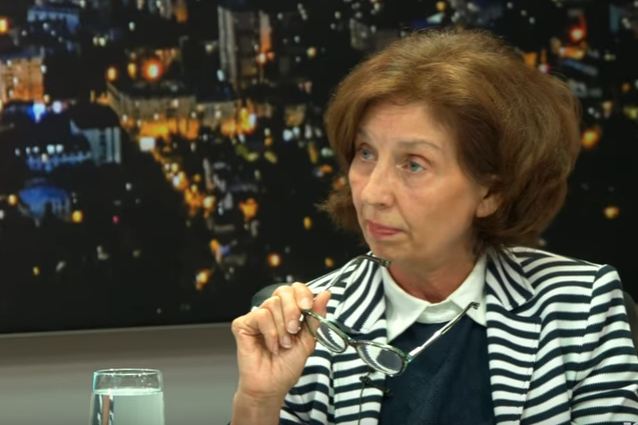Constitutional law professor Gordana Siljanovska Davkova, who wrote an extensive analysis critical of the Prespa agreement, warned that members of Parliament who vote to rename the country are doing something that is not only immoral but also illegal on a number of counts.
Everything was done in violation of procedure. If you compare the first draft of the proposal to amend the Constitution, it is completely different to the amendments proposed now. We teach our students that the Constitution is above the laws and that it is the most important frame for the rule of law, but apparently that does not apply in Macedonia, professor Siljanovska said during a TV interview.
She emphasized the far reaching consequences for Macedonia which will affect the country if the amendments are adopted and the Prespa agreement is implemented. According to professor Siljanovska, the changes, such as those to the Preamble and Article 36 which refers to the national liberation struggle of the Macedonian people, strike at the core of the collective memory.
There is an enormous contradiction between the Preamble and Article 36. The Preamble contains our historic memory and the memory is the soul of the Constitution, said the professor.
Prime Minister Zoran Zaev yesterday agreed to further changes to the Preamble, going beyond what Greece demands of him, in order to secure several votes from ethnic Albanian parties. The changes will further water down the role of the Macedonian people in the creation of the Republic of Macedonia.
The professor painted a picture of the discrepancy which will appear between Macedonia and Greece in the future. Greece, she said, only named its three northernmost provinces “Macedonia” in 1987, but, under the agreement, it will have the right to use the word “Macedonia”. Meanwhile, in Macedonia, the citizens will have to watch their backs and be careful where and how they utter the word.






Comments are closed for this post.